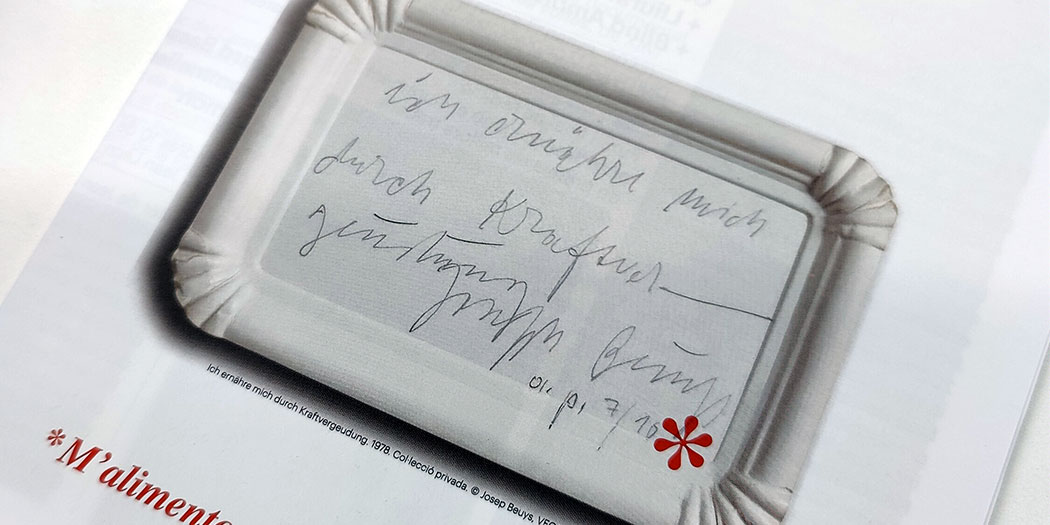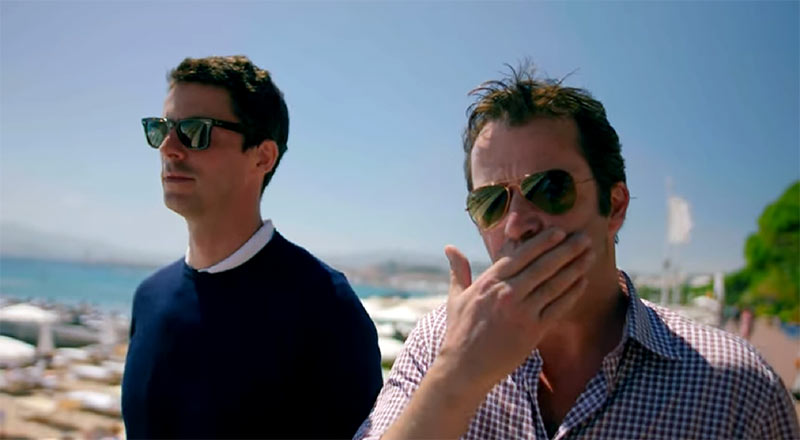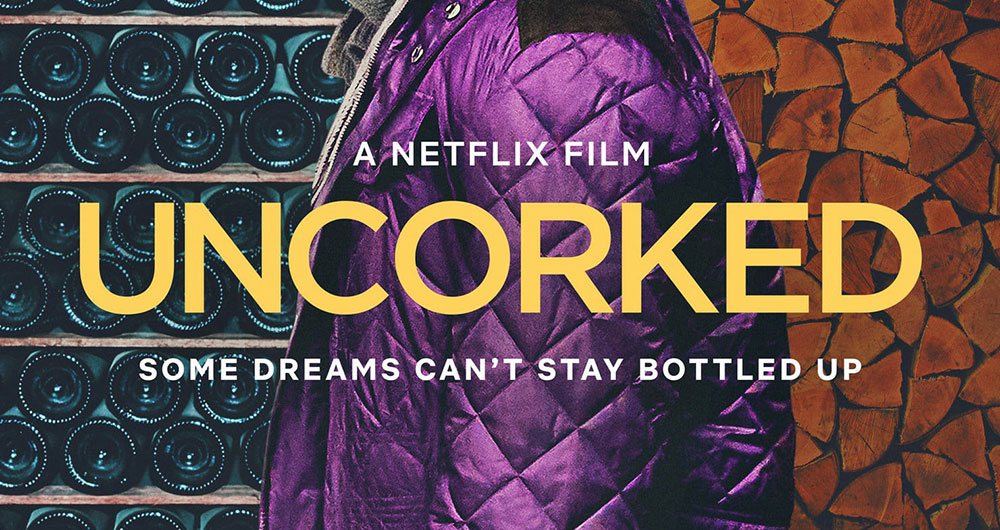This year, I had the honor of being asked to be on the five-person jury of the Most Festival in Catalunya which is now in its 12th edition.
According to my list of films, we had to judge 45 in a range of categories, styles, and lengths that ran from one minute all the way up to two hours.
As I often review “Wine on Film” here on the site, I’d already covered a number of these, such as what ended up being the “Best Fiction” winner, Drops of God. I’ve also previously written up “Blind Ambition” which nearly won for the “Best Documentary” category, but didn’t as that was the fiercest part of the competition with the strongest offer of films.
You can read the single review of “Wounded Land“, the Grand Jury winner, which is out today as well, but following are a selection of other films that I felt were each quite strong in their own right.
Coule/Presse
Translating from French to “flow / press”, this film won “Best Documentary” although it flirts a great deal with what the concept of a documentary film actually is. It doesn’t tell a story, but instead takes a snapshot of the work at a wine cooperative in France which you watch for 21 minutes. Hands down, this is one of the finest pieces of cinematic art I’ve seen in a long time. It paints the wine press and various machinery as a massive, living entity with humans existing inside solely to serve it. Even when they’re eating lunch, it seems like it’s the machine that’s feeding them. When a worker is pulling a pipe out of the system, it’s like he’s operating on the machine. The sound design is incredible as well as the cinematography which shows the inner workings in the manner of David Cronenberg meets a Bjork film meets the sinister sci-fi aspects of the first Alien film. Watch it with very good headphones or an excellent sound system.
★★★★★
Crush: a message in bottle
Director, Maya Gallus shows her years of filmmaking experience with this work which won the award for “Sustainability”. Again, there was a good deal of debate if it should have won for Best Documentary, but we ultimately awarded it in this category as it’s a fascinating work that dives into winemaking in one region of Canada and just how sustainable is it? But what’s more is that Gallus also has people in her film that are often marginalized in the wine world which is to say, not just women, but also people of color. There are multiple stories woven together from a region we hear little about and each person has a unique story and more importantly, there’s a reason to tell it as they’re distinct voices. There was another film from Spain that talked directly about sustainability, but all of the people in it, were men and white, which was simply a poor choice on the filmmaker’s part as sustainability isn’t just about farming organically or slapping solar panels on the roof of your winery.
★★★★★
Vinhos com historia: Vinho do Talha
This is an engaging film that had me watching it with full attention from start to finish. It was shot quite well, looking at the various seasons that pass the region of Alentejo in Portugal’s south while also being very informative, but not “mansplain-y” like some wine film works can be in terms of lecturing. The key to director, Cristina Ferreira Gomes’s success with the film was to cover the entire harvest and introduce a broad range of characters such as Anna Jørgensen (aka @ladylimestone) who is this tall, very blonde Danish/American girl who speaks perfect Portuguese from having grown up there, but is growing grapes and making wine in the region. It’s not just her that’s an engaging character, but most everyone that appears as Ferreira Gomes is able to coax an honesty and realism out of her documentary subjects that makes it seem as if they don’t even feel they’re being filmed. It’s a good watch whether you do or don’t know about talha wines.
★★★★★
Holy Wine
This was a bit more controversial as it’s about wine in Israel and, given current political issues with the war between Israel and Hamas in Gaza, at one of the screenings a viewer asked how they could even be showing the film. The truth is that the film was shot and produced in 2021 which is clearly a world apart from the times we find ourselves in now. It’s a well-shot and produced film that covers many topics such as kosher wine in great detail and I feel it gives many viewers a fine glimpse into the industry of the country and I recommend watching it. It does however have two problems with one being that it could have been a bit shorter, taking maybe 10 minutes out of the 96 minute runtime as there was a bit of repetition on some subjects. The other and most glaring issue is that those interviewed in the film don’t talk about any of the issues involving Israel/Palestine which do indeed affect the winemaking. These are all items that should have been addressed in some form or another by the filmmakers.
★★★★☆
And again, please see the full review of “Wounded Land“.




